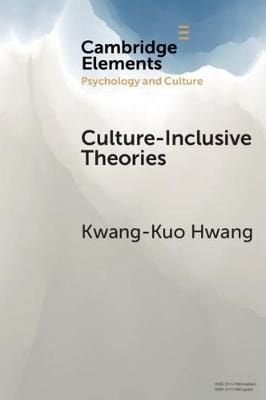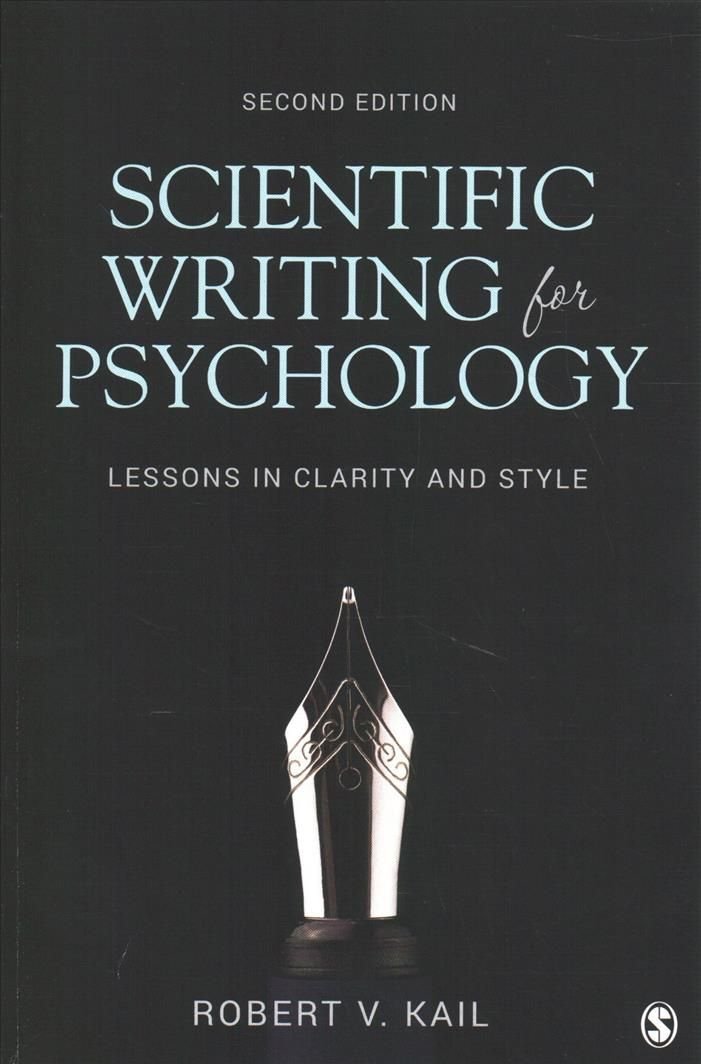The author proposes an epistemological strategy to resolve controversial issues in the indigenous psychology (IP) movement. These include the nature of IPs, scientific standards, cultural concepts, philosophy of science, mainstream psychology, generalization of findings, and the isolation and independence of IPs. The approach includes a two-step strategy for construction of culture-inclusive theories, based on a Mandala model of self and a Face and Favor model for social interaction, and the use of these models to develop culture-inclusive theories for Confucian morphostasis. The author has successfully used this strategy, and encourages others to use it to construct their own culture-inclusive theories.












